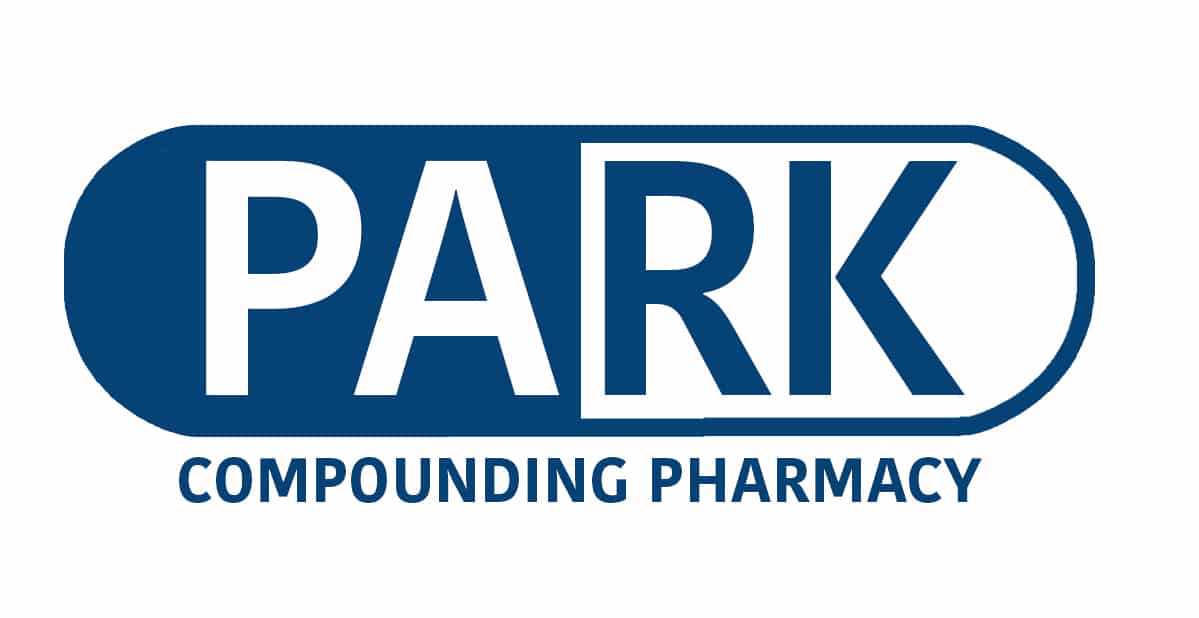Acne scars are often the result of moderate to severe cases of acne. It is estimated that 1 out of every 5 people who suffer from acne will have some type of acne scar as a result of their outbreaks. Scars result from the body trying to recover from the skin damage caused by acne. The resulting scars can be either barely noticeable or very deep. Chemical peels are commonly used to help improve the appearance of these scars.
Acne and Acne Scar Causes
The most common places where acne develops are on the face, neck, and back. Even without further agitation, acne is an inflammatory process that can cause skin damage. Especially in moderate to severe cases of acne, scarring is prevalent and can include both raised or depressed scars as well as hyperpigmentation. Frequently, acne scars can form or be made worse by picking, scratching, and trying to pop pimples. The more severe the damage to the skin, the more pronounced the resulting scars will be.
Grading Levels for Acne Scars
Dermatologists can grade the severity and type of acne scars based on a 1 to 4 scale.
Grade 1 – Mild scarring. Scar is red but flat.
Grade 2 – Mild/Moderate scarring. Scar can be covered by makeup or facial hair.
Grade 3 – Moderate/Severe scarring. Scar is obvious at a social distance, not as easily covered up.
Grade 4 – Severe scarring. Scarring is evident at a social distance greater than around 2 feet.
Types of Acne Scars
How a scar is treated depends on its type.
Ice pick and boxcar scars – Ice pick scars are deep, narrow scars while boxcar scars are broader depressions with defined edges.
Atrophic and rolling scars – Atrophic scars are flat, thin scars and rolling scars are broad depressions with a sloping edge.
Hypertrophic scars – Thick scars like keloids that may appear like a lump on the skin.
How Chemical Peels Improve Acne Scars
Chemical peels can work in a few different ways to either prevent or reduce the appearance of acne scars. When used for treating acne, a chemical peel helps remove layers of dead skin and excess oil that clog pores and lead to acne. Chemical peels can range from mild/superficial to deep. The condition being treated and the person’s skin type help determine the depth of the peel. For acne, a more mild peel may be tried first as this is often sufficient to exfoliate the skin and reduce the opportunity for bacterial growth. Chemical peels reduce bacteria and also have anti-inflammatory properties.
Acne scars often affect deeper layers of the skin. Depending on the type of scar, a lighter peel may not have an effect on its appearance. A peel that affects deeper layers of the skin may be used if it is compatible with the individual’s skin type and will not result in more severe hyperpigmentation. These peels have the most dramatic effects but also can require some downtime while the skin heals.
After a chemical peel, the skin begins to regenerate which improves surface texture. Pigmentation also tends to become more even after healing is complete. In most cases, multiple sessions are required to approach the desired result. For acne scars, it may take many sessions spaced apart over months and years. However many patients are satisfied with the improvement in their complexion after just a few chemical peel sessions.
Preventing Acne Scars
It is preferable to prevent acne scars rather than treat them later. Acne scars can not always be prevented, but there are certain steps you can take to lower the risk of them developing. One way to prevent these scars is to avoid picking, scratching, or squeezing acne. While this is done by many acne patients sometimes by habit, it is one major cause of post-inflammatory hyperpigmentation and acne scars. Picking the skin worsens the skin damage caused by acne.
It is also important to treat acne immediately and not wait for the condition to worsen. There are many treatments available for acne now that significantly improve the condition. If you consult with a dermatologist you may find that there is a solution to your acne that does not involve any expensive treatment. The sooner you get your acne treated, the less risk there is that the acne will damage the skin enough to result in scarring.
Wearing sunblock is a common suggestion by dermatologists because of the risk of skin cancer from UV radiation. However UV radiation can also exacerbate or trigger skin conditions like melasma. In the case of acne scars, unprotected sun exposure may cause a darkening of the skin that actually makes acne scars more visible.
Articles
DermNet NZ – Acne Scarring
Chemical peels in the treatment of acne: patient selection and perspectives – Clinical, Cosmetic, and Investigational Dermatology







